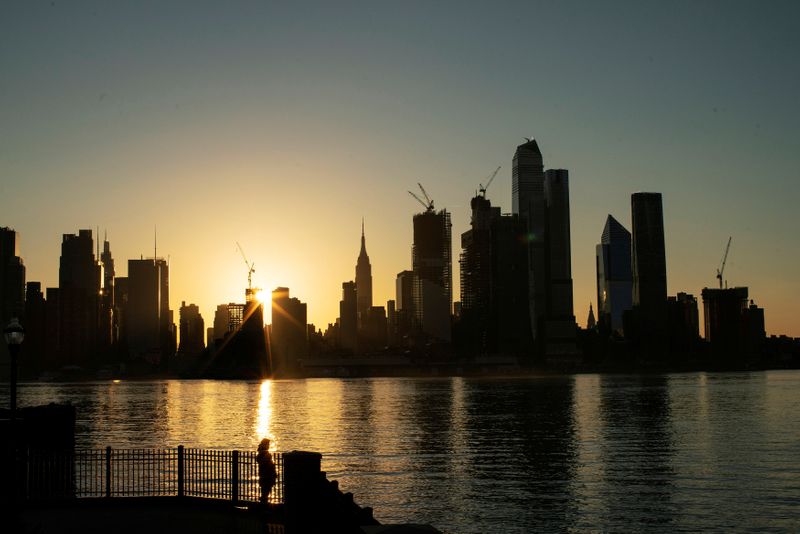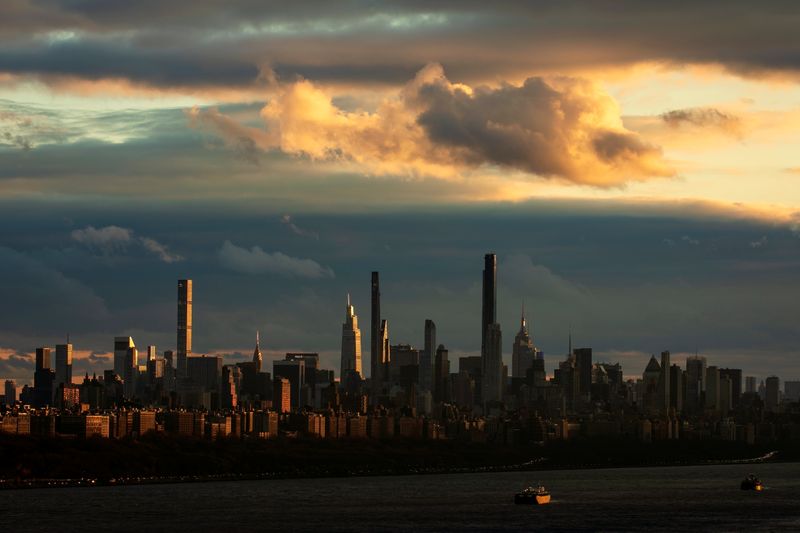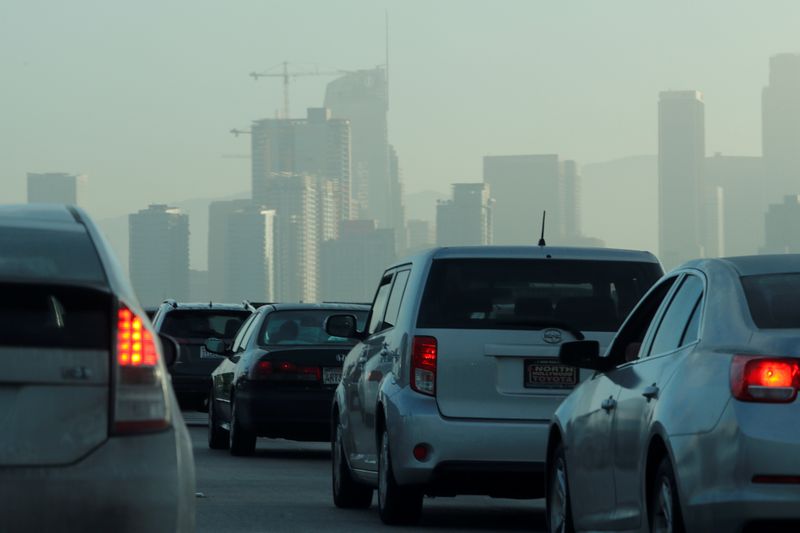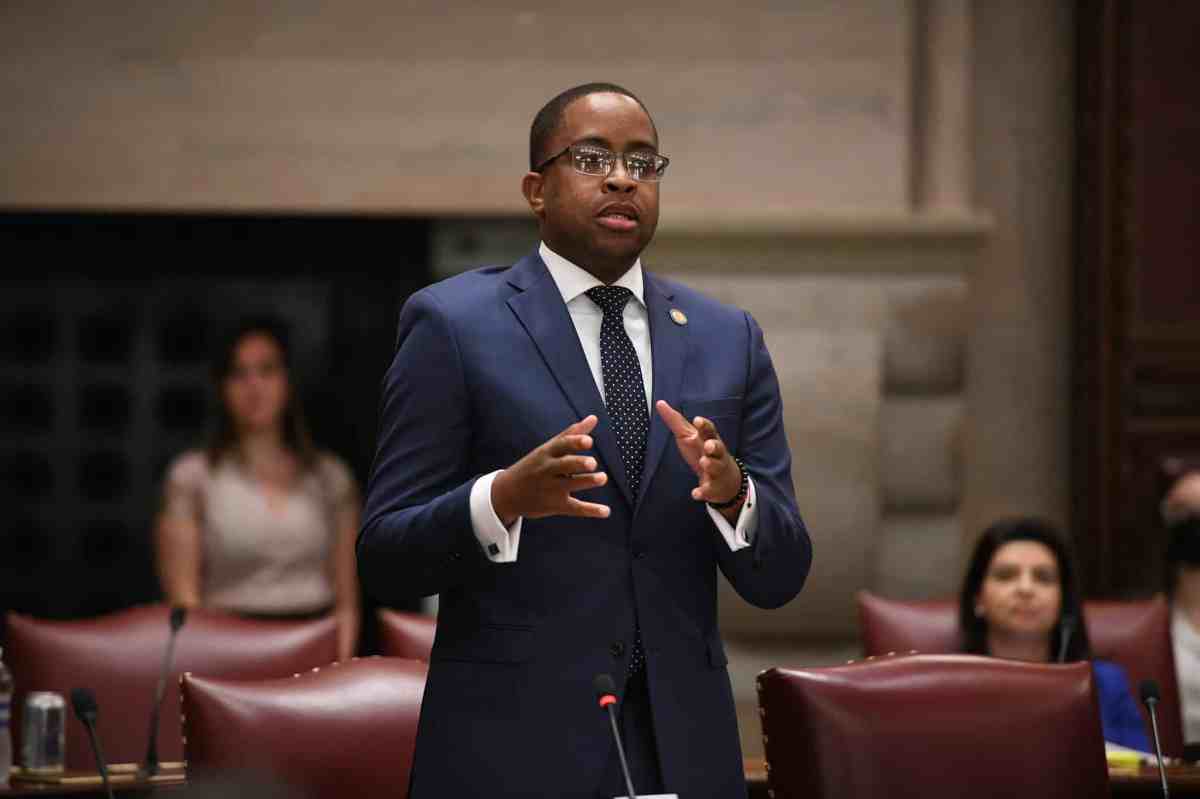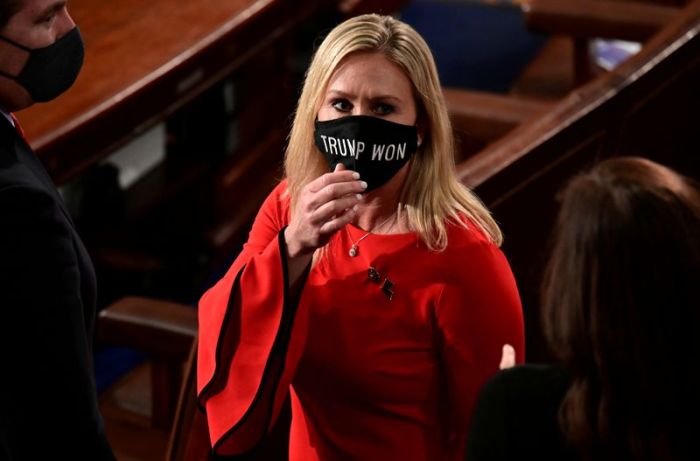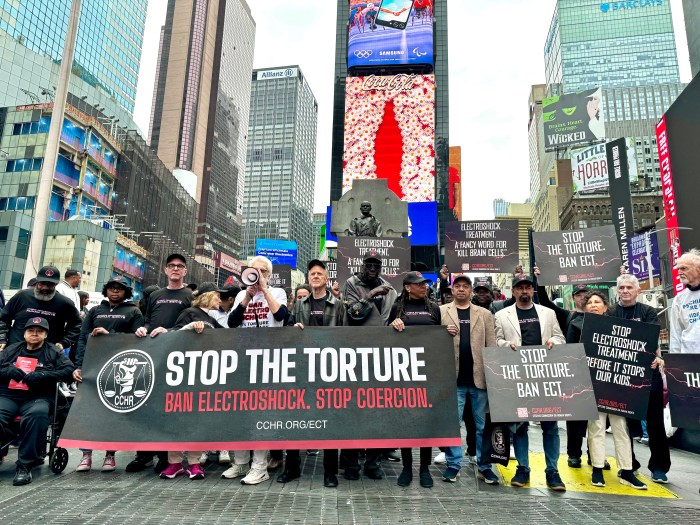(Reuters) – U.S. cities are underestimating their carbon dioxide emissions by an average of 18%, according to a study released on Tuesday, potentially hindering their efforts to craft effective policies to combat climate change.
Cities are the source of about 75% of the greenhouse gas emissions scientists say drive global warming, and many are targeting huge cuts in their carbon output to help international efforts to fight climate change.
“We found that cities under-report their own greenhouse gas emissions, on average, by 18.3%,” according to the study, led by Kevin Gurney of Northern Arizona University and published in the journal Nature Communications. (https://go.nature.com/3jcsXaf)
“The absence of an accurate emissions assessment makes prioritizing mitigation policy options difficult, can lead to misallocation of scarce mitigation resources, and presents challenges to independent assessment and course correction,” according to the paper.
The researchers compared the self-reported emissions of 48 U.S. cities with estimates from the Vulcan carbon dioxide emissions data product, a tool developed by Gurney that tracks emissions using an array of national public databases.
The Vulcan datasets are considered accurate because they produce emissions estimates that are consistent with atmospheric measurements, according to the paper.
The researchers said cities sometimes underestimate emissions because they “omit particular fuels and source types and estimate transportation emissions differently.”
Big outliers included Los Angeles, whose self-reported emissions were roughly 50% below the Vulcan readings, along with Chicago and New York, both undershooting by around 20%.
Democratic mayors across the United States have ramped up their efforts to slash emissions in recent years, some claiming a desire to fill a federal leadership void left by former President Donald Trump, who downplayed climate science and supported fossil fuel development.
New York City, for example, has pledged to cut emissions by 80% by mid-century while Washington, San Francisco and Seattle have goals to become carbon neutral by 2050.
Newly sworn-in U.S. President Joe Biden has pledged to decarbonize the nation’s economy by 2050.
(This story corrects name of journal in third paragraph)
(Writing by Richard Valdmanis; Editing by Lisa Shumaker)

